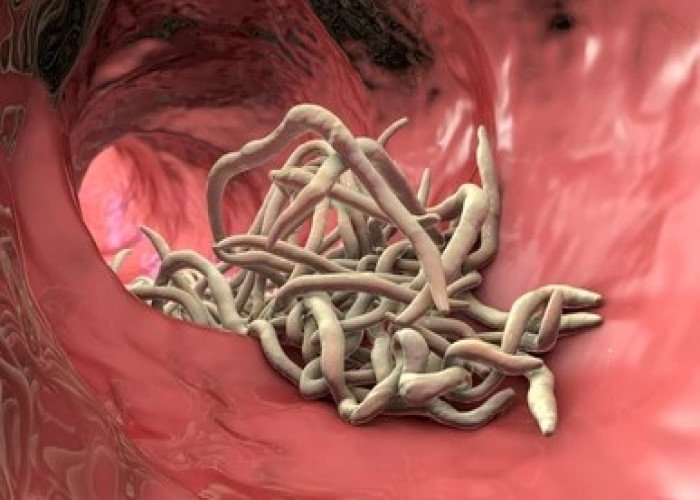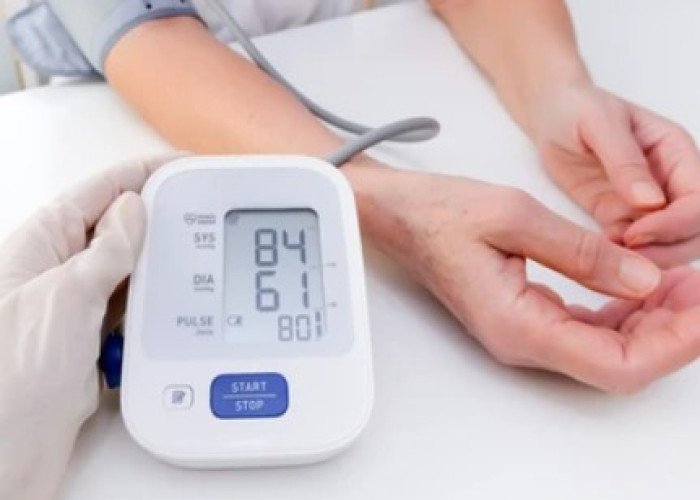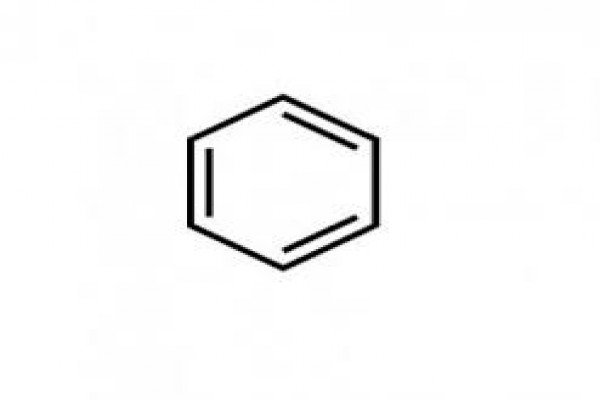 Welcome
Welcome
“May all be happy, may all be healed, may all be at peace and may no one ever suffer."
- A
- B
- C
- D
- E
- F
- G
- H
- I
- J
- K
- L
- M
- N
- O
- P
- Q
- R
- S
- T
- U
- V
- W
- X
- Y
- Z
Dizziness - Homeopathic remedies
Dizziness is a common symptom that is characterized by a feeling of lightheadedness, unsteadiness, or a spinning sensation. It can be caused by a variety of factors, including low blood pressure, dehydration, anemia, inner ear disorders, medications, and neurological conditions.
Other symptoms that may be associated with dizziness include nausea, vomiting, blurred vision, and difficulty walking or standing. In some cases, dizziness may be a sign of a more serious condition, such as a stroke or heart attack, especially if it is sudden and accompanied by other symptoms such as slurred speech or chest pain.
Treatment for dizziness depends on the underlying cause. If it is due to dehydration or low blood sugar, drinking fluids and eating a small snack may help alleviate symptoms. In cases where dizziness is caused by an inner ear disorder, vestibular rehabilitation exercises may be recommended. Medications or surgery may be required for more serious underlying conditions.
It is important to seek medical attention if dizziness is persistent, severe, or accompanied by other concerning symptoms. Your healthcare provider can perform a physical examination and recommend appropriate tests or referrals to help determine the underlying cause of your dizziness and provide appropriate treatment.

Gonorrhea

Neuralgia

Worm

Heart attack

Hypotension

Bed-sores

Weakness

Night emission
Dizziness, মাথা ঘোরা
To be happy, beautiful, healthy, wealthy, hale and long-lived stay with DM3S.










